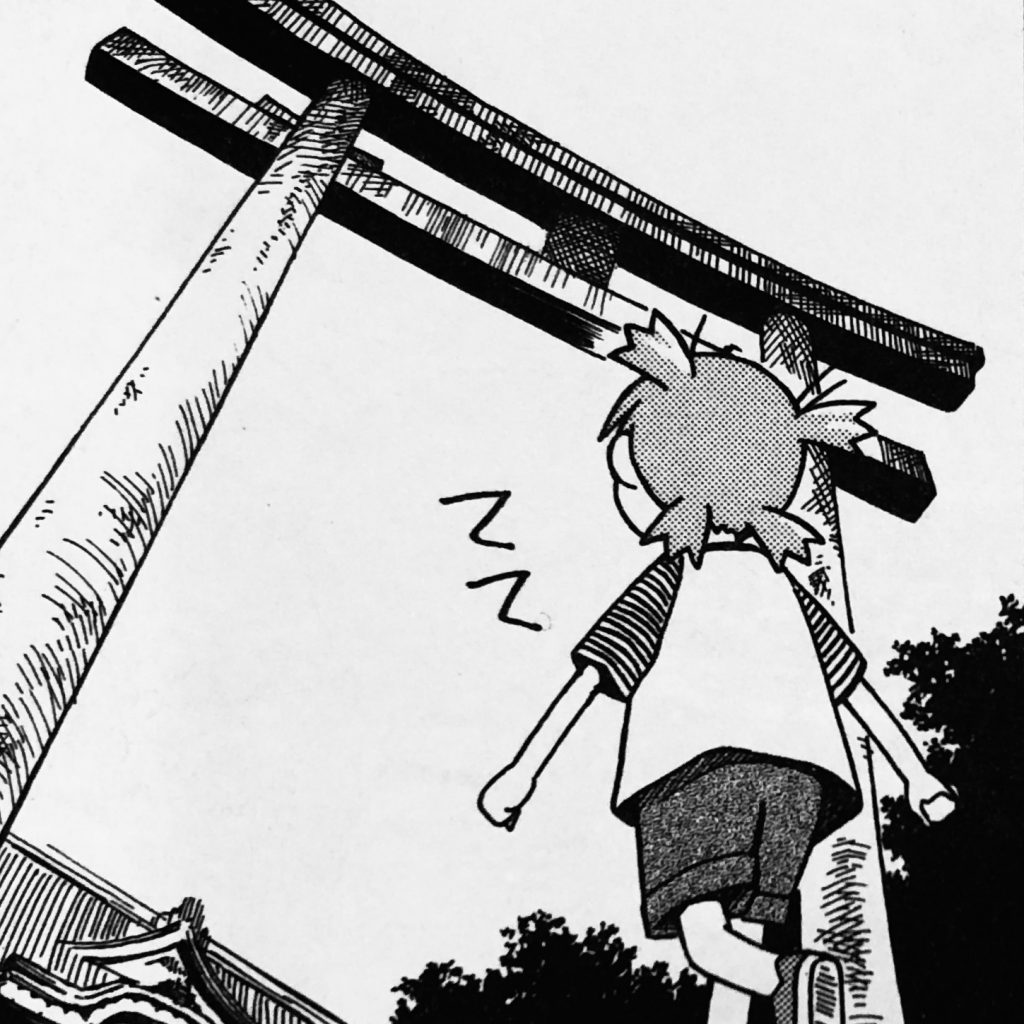An advantage of a multilingual household in which everyone — even the adults — are active language learners, is that it is a given that everyone’s language will be imperfect, but improving, all of the time. My wife and I are frequently discussing new Japanese words and grammar patterns that we have encountered in various contexts. Heck, just handling Hoshuko administrative communication and grading homework results in a ton of learning that the kids get to witness.
This behavior normalizes the idea that it is safe for everyone in the house to make mistakes and ask questions, even the adults! When I think back on my time as a child in elementary and middle school in particular, asking a dumb question in front of one’s classmates was the ultimate shame. I would later find out that the other kids felt this way too, and it was a great tragedy of that time in our lives that our learning environment didn’t prioritize good-faith curiosity and willingness to take a risk over knowing every fact.
The other day, our ten year old asked me the meaning of invaluable. This happens all the time and I absolutely love that we have created an environment in which our kids are willing to ask questions rather than fear admitting ignorance.
Reconstructing his thought process in this particular case is interesting. He was reading a book in bed as the rest of us were getting ready to go to sleep. He encountered the word invaluable in a context that implied that the word meant something like “extremely valuable.” This contradicted his initial intuition that the word meant “not valuable.” After all, the prefix in often negates another word: invisible = not visible, incomplete = not complete, inexpensive = not expensive etc. His confusion was totally reasonable and we spent a moment discussing this particular word and how, in this case, the word has a meaning more like “beyond value” or “priceless.”
It cuts the other way too. For my son’s recent Hoshuko project on trash and recycling, we were logging items in various categories as we threw them away that week. It just so happened that we had a lightbulb that needed replacing, so I had to log the old lightbulb I threw away. The word for lightbulb was 電 something… Uh oh, I knew it started with electricity (電 “den”) but forgot the second character. I knew it was something spherical. ボール (ball)? 玉 (tama)? OK, I had to ask my son. 球 (kyuu) he replied. That’s it: 電球 (denkyuu) using the 球 as in 地球 (chikyuu) referring to the (spherical) Earth.
These types of conversations happen all the time in our household and I could list many more examples, but the real takeaway is that having adults who regularly demonstrate their own excitement of learning means that children do not fear asking questions, because they live in a household that celebrates learning.
